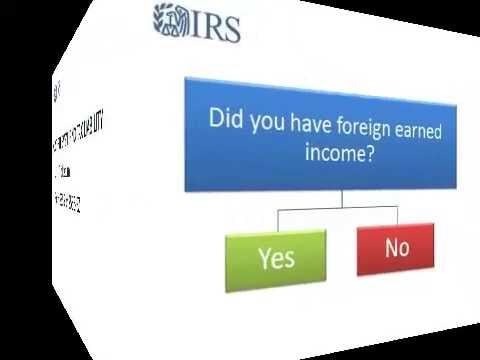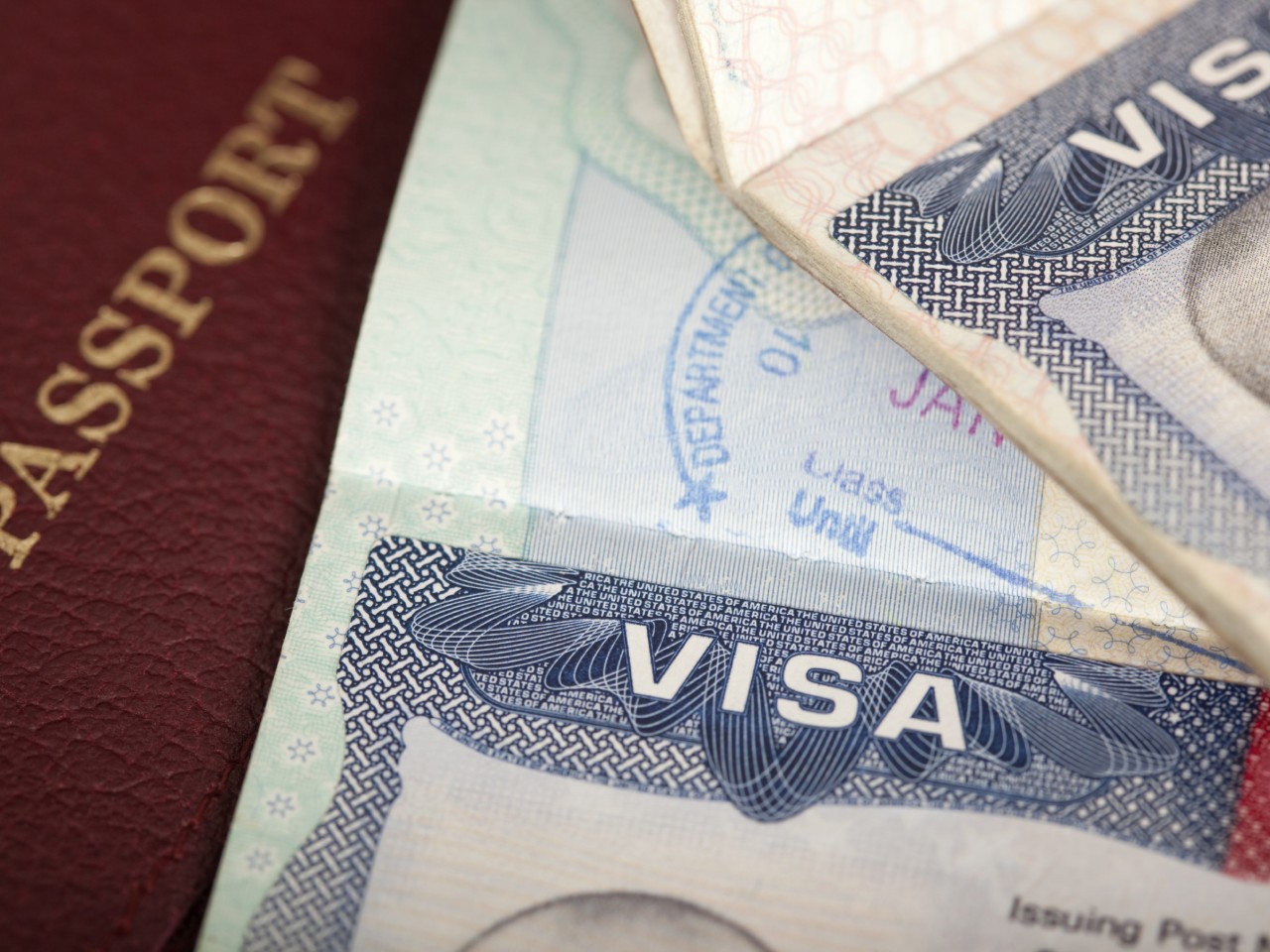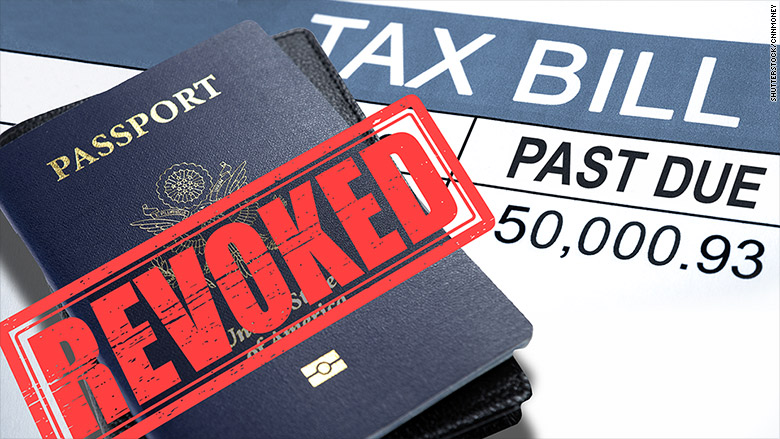Foreign Earned Income Exclusion for 2017
The Foreign Earned Income Exclusion for 2017 has finally been released and we expats get an increase of $800 this year. The U.S. government has increased the Foreign Earned Income Exclusion for 2017 to $102,100, up from $101,300 in 2016.
You can attribute this big time increase of the Foreign Earned Income Exclusion for 2017 to the “robust” U.S. economy. That’s because the FEIE is indexed annually for inflation. The official inflation rate for 2016 was 1.4% and it’s expected to between 1.5% to 1.6% for 2017.
Note that this article is about the 2017 FEIE. For the 2018 Exclusion, see: Foreign Earned Income Exclusion for 2018
The Foreign Earned Income Exclusion for 2017 is the amount of salary or business income you can exclude from your United States taxes while living abroad. If you qualify for the FEIE for 2017, and you earn $102,100 or less in wages, you will pay zero Federal income taxes.
To qualify for the FEIE, you must be out of the United States for 330 days during any 12 month period, or a legal resident of a foreign country for a full calendar year. The 330 day test is simple math… be out of the U.S. and you’re golden. It doesn’t matter where you are in the world, so long as you’re not in the U.S.
For more on the 330 day test, see: Changes to the FEIE Physical Presence Test Travel Days
To apply the FEIE for 2017 over two calendar years, see: How to Prorate the Foreign Earned Income Exclusion
The residency test is more complex and based on your intentions. You must move to a foreign country for the “foreseeable future.” This new country should be your home and your home base. When you travel, it’s where you return too. It’s where you lay down roots. It’s where you file taxes and where you’re a legal resident (with a residency permit).
- You should be filing taxes in your new home. It doesn’t matter if you’re paying taxes… just that you are following their laws as a legal resident. If your country of residence doesn’t tax your income earned abroad or in an offshore corporation, all the better.
In most cases, you will use the 330 day test in your first year abroad. That will give you time to secure residency, find your home base, and do all the things necessary to break ties with the U.S. Beginning January 1 of year two, you will file for the Foreign Earned Income Exclusion using the residency test.
The reason you want to use the residency test when eligible is that it will allow you to spend more time in the United States. Under the 330 day test, you can spend all of 36 days a year in the land of the free. If you qualify for the residency test under the Foreign Earned Income Exclusion for 2017, you can spend 4 or 5 months a year in America.
Someone with no home base, and no residency visa, will never qualify under the residency test. A perpetual traveler will need to use the 330 day test. Likewise, someone on temporary assignment for a year or two, who intends to return to the U.S. when their job runs out, will need to use the 330 day test.
Just remember than any income earned in the USA is taxable here. The FEIE doesn’t apply to U.S. source income. If a U.S. citizen works for 10 days in the U.S., the income from those days is U.S. source and Uncle Sam wants his cut.
The FEIE for 2017 applies to married persons individually. A Husband and Wife working in their own corporation, or drawing salaries from a foreign company, can earn $204,200 combined this year and pay zero Federal income tax.
If you earn more than $102,100, you’ll pay U.S. income taxes on the excess. For example, if you earn $202,100, in salary, you will pay U.S. Federal income tax on $100,000 at 28% to 33%.
Note that your expat tax bracket begins at 18%. This is because the full $202,100 counts towards the bracket. Thus, you are paying a rate on your last $100,000 as if you had earned $202,100 in wages, not just $100,000.
If you pay tax in the country where you work, your U.S. tax on this $100,000 over and above the Foreign Earned Income Exclusion for 2017 will be reduced. Every dollar you pay in foreign income tax should reduce your U.S. rate by one dollar.
- A dollar for dollar credit is the theory behind the foreign tax credit. You will see some variance on your return when you account for deductions, credits, etc.
Another tool for high earners who are self employed is to hold earnings over the Foreign Earned Income Exclusion for 2017 amount in their corporation. Pay yourself a salary of $102,100 and keep the rest in the corporation as retained earnings. For more on this, see: How to Manage Retained Earnings in an Offshore Corporation.
Be aware that the Foreign Earned Income Exclusion doesn’t apply to income that’s not “earned.” So, the FEIE doesn’t cover passive income like rents, royalties, dividends, or capital gains. Income which is earned is money made from paid work / labor.
For more on tax planning for foreign real estate, see: US Tax Breaks for Offshore Real Estate
Most clients who contact us about the FEIE are business owners or self employed. They want to form an offshore corporation to retain earnings, maximize the value of the FEIE, and eliminate Self Employment tax.
Note that the Foreign Earned Income Exclusion does not apply to Self Employment tax, only income tax. So, a self employed person living abroad and qualifying for the Exclusion will still pay 15% in SE tax. That means about $15,000 on your salary of $102,100 for FICA, Medicare, Obamacare, etc.
If you don’t want to contribute to Social Security, you can opt out of Self Employment tax by forming an offshore corporation. Incorporate in a country that won’t tax your income, get your clients to pay that company, draw a salary from your foreign corporation reported on U.S. Form 2555, and you’ve eliminated U.S. social taxes.
For more on the tax benefits of living abroad, see: Tax Benefits of Going Offshore
For more on setting up a business offshore, see: Benefits of an Offshore Company
If you’re reading this article on the Foreign Earned Income Exclusion for 2017 and planning to set up a large business offshore, you might consider Puerto Rico. If $102,100 is a small portion of your net profits, think Puerto Rico. If your take home is closer to $1 million than $100,000, think Puerto Rico. If you have at least 5 employees, Puerto Rico might be for you.
The Puerto Rico tax deal, referred to as Act 20, is the reverse of the Foreign Earned Income Exclusion. With Puerto Rico, you pay U.S. tax rates on your first $100,000. Then you pay 4% profits over this amount and distribute those profits to yourself as a tax free dividend.
The Puerto Rico tax deal requires you live on the island for 183 days or more, significantly less than the 330 days required by the FEIE. If your net business income is well over the FEIE of $102,100, consider Puerto Rico.
The catch in Puerto Rico is that you must hire 5 employees on the island. You and your spouse can be 2 of those 5, and then you need 3 more. When setting up offshore, there’s no minimum number of employees required.
For a comparison of the Puerto Rico deal with the FEIE, see: Puerto Rico Tax Deal vs Foreign Earned Income Exclusion
For more on who qualifies as a Puerto Rico employee, see: Who is a Resident of Puerto Rico for US Tax Purposes
To read more about Puerto Rico and the Foreign Earned Income Exclusion, see: How to Maximize the Tax Benefits of Puerto Rico
For more on setting up a one man or one woman business offshore, see: Move Your Internet Business to Cayman Islands Tax Free
The bottom line is that the FEIE is great for those earning $100,000 from a business (or $200,000 of both spouses are working). If you are earning well over this threshold, and you can benefit from 5 employees, take a look at Puerto Rico.
I hope you’ve found this article on the Foreign Earned Income Exclusion for 2017 to be helpful. For more information on taking your business offshore, to Puerto Rico, or for a referral to a U.S. tax preparer, please contact me at info@premieroffshore.com or call (619) 483-1708.











Leave a Reply
Want to join the discussion?Feel free to contribute!